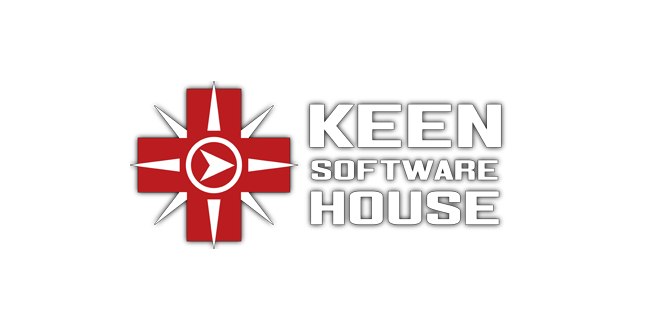Keen Software House, the Czech game development studio who create Space Engineers and Medieval Engineers has another project in the works that goes beyond video games. The team is developing general AI, which is capable of learning to perform numerous tasks. This goal differs significantly from developing the much more common narrow AI.
We see narrow AI in numerous video games, which provide challenging opponents. Even more impressive are the AIs developed by IBM. Deep Blue famously beat the reigning World Chess Champion, Garry Kasparov, back in the 90s. More recently IBM's Watson enjoyed great success on Jeopardy, where it trounced human opponents. While the achievements of Deep Blue and Watson are certainly impressive, they are both limited to a narrow range of behavior. Rather than creating an AI that can perform one specialized task very well, the goal with general AI is to create a system that can learn any task.
The stated goal of the project is to create an artificial brain which can perceive and understand its environment as well as take actions to maximize its reward. The reward signal is the key to guiding the actions of the artificial brain. It starts out with no knowledge of the world, and has only sensory input to go on. Through interaction with the environment, the brain would eventually figure out patterns and learn rules about how the world works, and even make reliable predictions about the results of its own actions. Its ultimate goal is to take actions that will maximize the reward signal.
The project has already hit a few early milestones. They were successfully in creating a brain that taught itself to play Pong. By their own admission, this was just a small step. More recently, they were able to hit another milestone by having the brain find its way through a virtual maze. While the goal in Pong is simple, the maze had a more complex goal that required accomplishing subgoals. For example, the AI needed to hit a switch to open a door in order to hit a switch to turn on a light. This required that the AI move further away from its goal, which was the light switch, in order to hit the door switch. This meant that it had to temporarily reduce its reward signal, in order to maximize it in the long run. The fact that the brain was able to solve this slightly more complex task is an important step toward the ultimate goal.
While there is still a long way to go, these early successes give the team confidence they are on the right track. On his blog, Keen Software House founder Marek Rosa explains the potential benefits of creating a general AI. He presents the notion, which has been suggested in the past by others, that a self-improving AI would very quickly outpace humans at problem solving. An AI which can beat humans at general problem solving could turn out to be humanity's final invention. However, he admits that in the short-term, specialized AIs will still be more useful for most applications. It will take a long time before their general AI project reaches its full potential.
Marek believes so strongly in this project that he is using $10 million our of his own pocket to fund this project. He did offer his assurances that this project would not in any way affect the game development teams which are still fully funded to continue their work. It will be interesting to watch this project as it develops to see where it leads in the future.
Do you think AI will ever be superior to humans at general problem solving? Leave your comments below.







